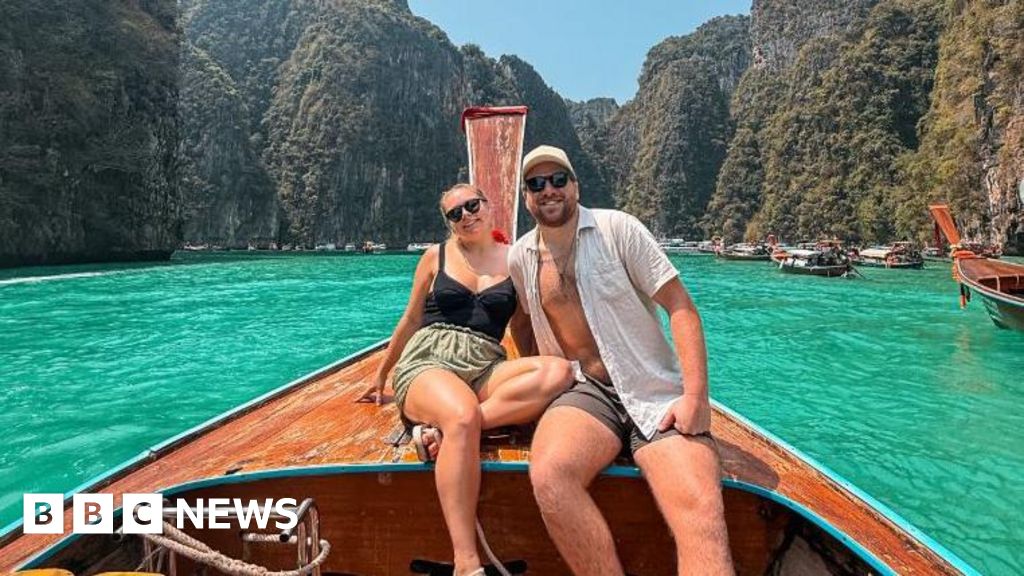US Pulls Funding from Gavi Vaccine Alliance, Citing Safety Concerns

US Cuts Ties with Global Vaccine Alliance Gavi Over Safety Worries
In a surprising announcement that has sent ripples through the global health community, US Health Secretary Robert F. Kennedy Jr. declared on Wednesday that the United States will cease all financial support for Gavi, the Vaccine Alliance. The decision, effective immediately, stems from Kennedy Jr.'s accusations that Gavi has been overlooking critical safety concerns related to the vaccines it helps distribute, particularly to vulnerable children in developing nations.
Gavi, a public-private partnership, plays a vital role in immunizing millions of children worldwide against preventable diseases. It works with governments, manufacturers, and other organizations to procure and deliver vaccines to some of the poorest countries on Earth. The alliance’s work has been credited with significantly reducing childhood mortality rates and eradicating diseases like polio in many regions.
Kennedy Jr.’s statement marks a significant shift in US foreign policy regarding global health initiatives. He alleges that Gavi has prioritized rapid vaccine deployment over thorough safety assessments, potentially putting children at risk. While he didn't provide specific details during the announcement, he promised to release further information outlining his concerns in due course. This lack of detail has already drawn criticism from some health experts who argue that Gavi operates under rigorous safety protocols and that any shortcomings are addressed transparently.
Impact and Reactions
The immediate impact of the US withdrawal is likely to be felt acutely by Gavi and the countries it supports. The US has historically been one of Gavi’s largest donors, providing hundreds of millions of dollars annually. Losing this funding could severely hamper Gavi’s ability to purchase and distribute vaccines, potentially leading to outbreaks of preventable diseases and increased child mortality.
International organizations and health advocates have expressed deep concern over the decision. Many are questioning the basis for Kennedy Jr.’s accusations and urging for a more constructive dialogue. “Gavi has a proven track record of saving lives,” said Dr. Emily Carter, a global health specialist at the University of Melbourne. “To cut funding based on unsubstantiated claims is irresponsible and could have devastating consequences.”
The move also raises broader questions about the future of US engagement in global health. Kennedy Jr.’s appointment as Health Secretary has already been controversial, given his known skepticism towards vaccines and his past promotion of misinformation. This decision reinforces concerns that the US may be retreating from its commitment to global health security.
Looking Ahead
Gavi has released a statement acknowledging the US decision and expressing its commitment to continuing its work. The alliance is actively seeking alternative funding sources and is appealing to other donor countries to step up their support. However, replacing the substantial contribution from the US will be a significant challenge.
The situation is developing rapidly, and the full implications of the US withdrawal remain to be seen. One thing is certain: it represents a major setback for global health efforts and underscores the importance of evidence-based policymaking and international cooperation in addressing public health challenges. The world will be watching closely to see how Gavi responds to this crisis and whether other nations will fill the funding void left by the United States.






